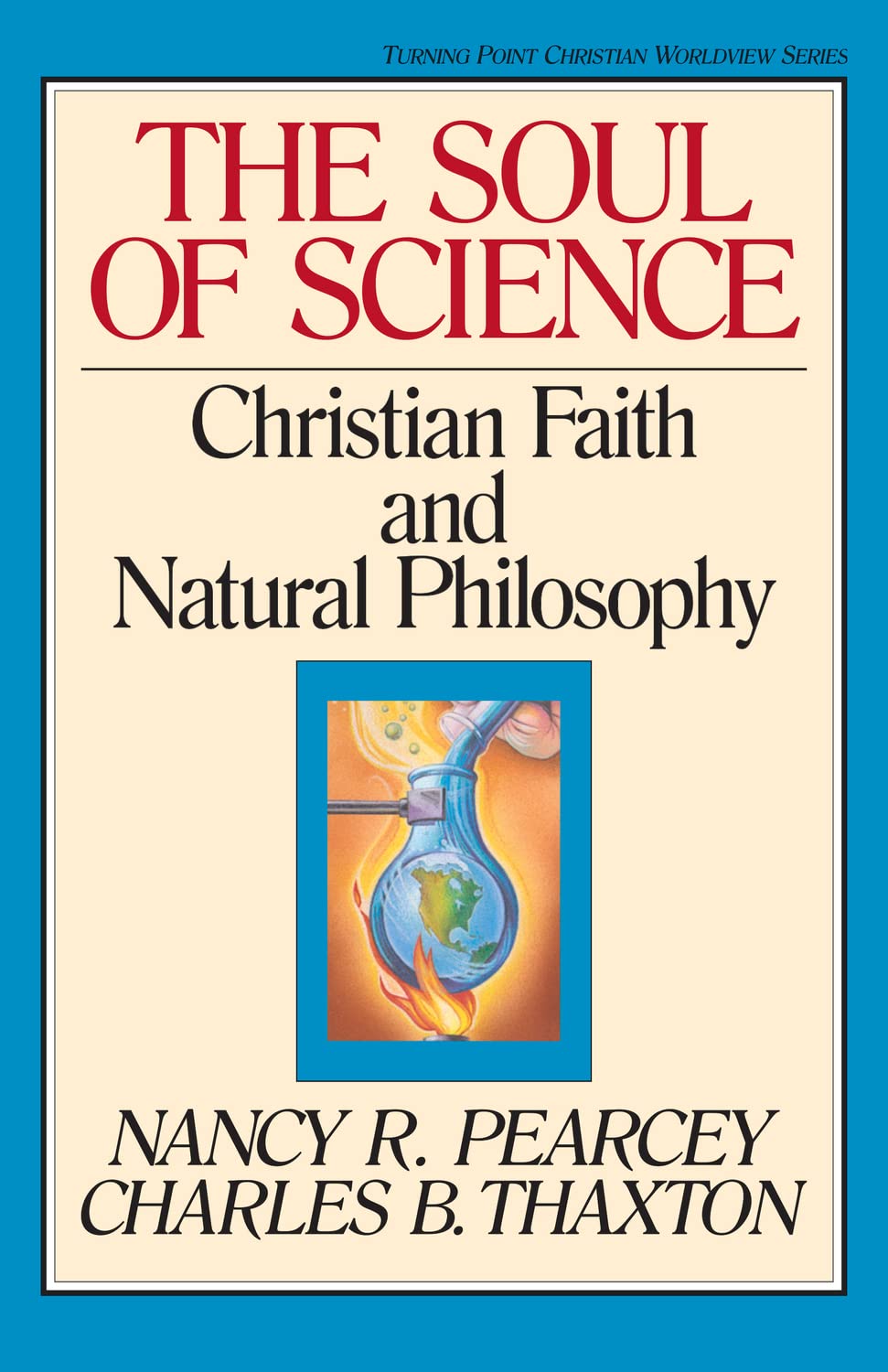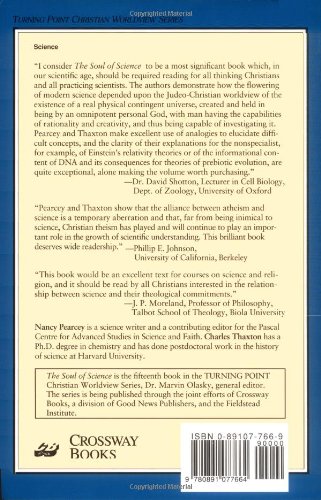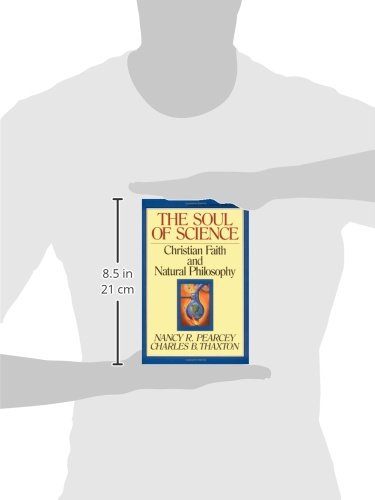



The Soul of Science: Christian Faith and Natural Philosophy (Volume 16)
R**E
Crashing the Gates of the Myth of Scientism
One of the more interesting intersections of theology and the reality is the philosophy of science. What impact does our worldview (which is founded in theology) have on our pursuit of science? The authors of this very readable book argue that without religion -- without the Christian Middle Ages specifically -- there would be no science as we know it.The authors begin with a simple question: Why should science, or rather scientific thinking, exist at all? Why is it that throughout the recorded history of man, "science" should be limited to "just so stories," and pure math? Why is it that the "modern scientific method," should only arise in Christian Europe?The first section of this book deals with the supposed "war" between scientific thought and religion, and building a new history of science that shows a more subtle interplay between the two major systems of thought. The authors work through a number of examples, from Galileo to Calvin, showing how both the reigning Catholic and upstart Protestant Churches actually supported scientific thought, giving it impetus and support from the very beginning.In the second section, the authors move from defense to offense. Is science just about facts? No, because most scientific revolutions are based on new readings of existing facts, rather than the new facts themselves. In the real world, facts tend to be interpreted in the framework of existing belief, stretching belief as needed to accommodate them. Scientific revolutions happen when a new way of looking at existing facts emerges which better accounts for both the existing facts and newly discovered facts.In other words, it's not facts that drive science, but worldview.This section is very helpful in outlining the difference between the Platonic and Aristotelian worldviews, and their impact on the practice of science. The authors also helpfully trace how the Church originally sided with Aristotle. The spread of Islam in the Middle East, however, drove Eastern Churches into Europe (there was no fabled "golden age" of Islamic dominance associated with "the rise of science"), the writings of Plato were rediscovered. The ensuing crisis in thought as neo-Platonic thinking spread through the Church, and the eventual attempts to bring the two worldviews together, resulted in what we now consider the seedbed of science through the vehicle of math.Section three deals with the rise and fall of math in the quest for a single overarching "theory of everything," and section four deals with the rise of relativistic theory. This final section is very helpful in bringing to light the world in which Einstein lived, the foundation of the theory of relativity, and his reaction to that theory being taken from the realm of physics into the realm of worldview (a process that has only accelerated since Einstein, himself, left the scene).If you really want to understand the history of science, and the relationship between science and Christian thought, there are few better places to start than with The Soul of Science.
K**4
More than just a History of Science, The Soul of Science is a Philosophical and Theological Adventure
Really glad I read this. At first glance this is a history book, giving the history of science from a Christian perspective. But it is much more. It is also a philosophy book, and education on science itself--in total it reflects 2 very bright minds that have presented a very reasonable view of science.The Soul of Science provides a thorough review of early scientific thought and the basis for it, both theologically and philosophically. Further into the book the material gets quite deep. Quantum mechanics is not easy reading and yet this book did an excellent job of providing a rudimentary understanding of the topic so the reader was able to understand the historic and philosophical impact of this development in science.This book is written by Christians and they don't hide that fact, at the same time it is a very well reasoned and winsome approach to the topic. This was not a light read but well worth my effort, after completing this book I knew I had invested my time wisely. I would wholeheartedly recommend The Soul of Science.
W**N
Amazing, informative and thought-provoking text.
This is a must read for everyone who is a minister of religion as well as doctors and nurses.
U**L
Like all of history
Well researched and organized. Like all of history, science history is somewhat open to interpretation, but they do an excellent job of presenting the case for the greatness of science in the past, including during the "dark" ages. They also present a concrete explanation of why experimental science flourished in Western Europe and not in other areas that had many years of a "head start" like the Middle East and China. Worldview does matter, and it really matters in the area of experimental science.
A**R
The order arrived in great condition in a timely manner!
A nice surprise! The book was in excellent condition! No markings, no tears, very good binding. I am very happy with this bookseller and my book!
A**R
But in no way is this book an easy one to read
I found this book very interesting. Full of information that I was not aware of. I even understood the concept behind Einstein`s theory of relativity. But in no way is this book an easy one to read. Some concepts were profound although the writer tried to keep it simple. Excellent book overall. The whole planet should have it in their libraries.
M**S
A great book.
This is a most interesting and well written book.
Trustpilot
2 weeks ago
4 days ago